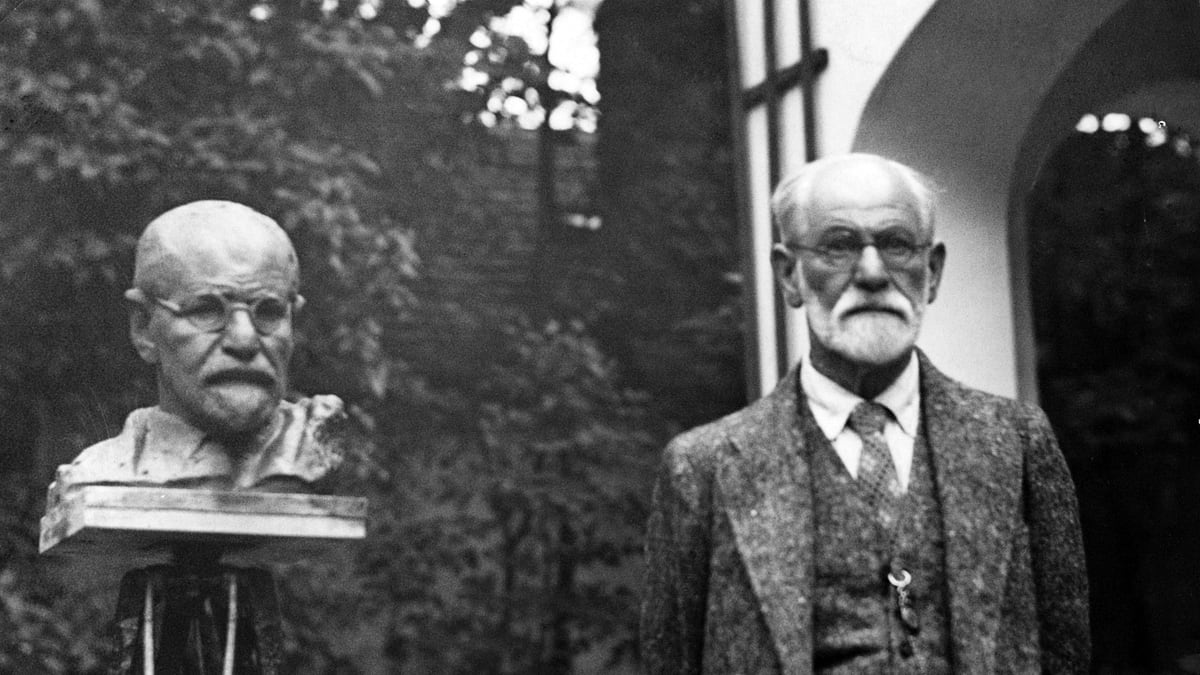
A recent essay published in Slate by New America Foundation scholars explains how the emerging hybrid of humanity and technology compels us to begin re-writing much of what we know about psychology:
Even for our greatest philosopher of the surreal, Sigmund Freud, reality remained rooted in the personal and social. A century on, however, technology is granting us the ability to alter our perception of reality, construct multiple representations of ourselves like avatars, and have relationships with artificial agents like robots. All of these are simultaneously expanding and destabilizing our sense of self.
In this new future, the simulation will become just as visceral as the real, possibly enabling us to inoculate ourselves against the horrors of the physical world:
Instead of Déjà vu, Jeremy Bailenson’s Virtual Human Interaction Lab at Stanford presents us with “Veja du”: the ability to see ourselves doing something we have not done physically. We can visualize what happens to our bodies if we don’t exercise, or a massive multi-player simulation can make clear the costs of global conflict.
And to handicap the winners and losers in this brave new world of technological endeavor, psychologists will be forced to pioneer brand new ways of understanding human intellect.
The world population may plateau physically, but we are multiplying ourselves digitally and robotically. The measure of our ability to manage this hybrid reality of co-existing identities will not be IQ or EQ, but TQ—technology quotient.





